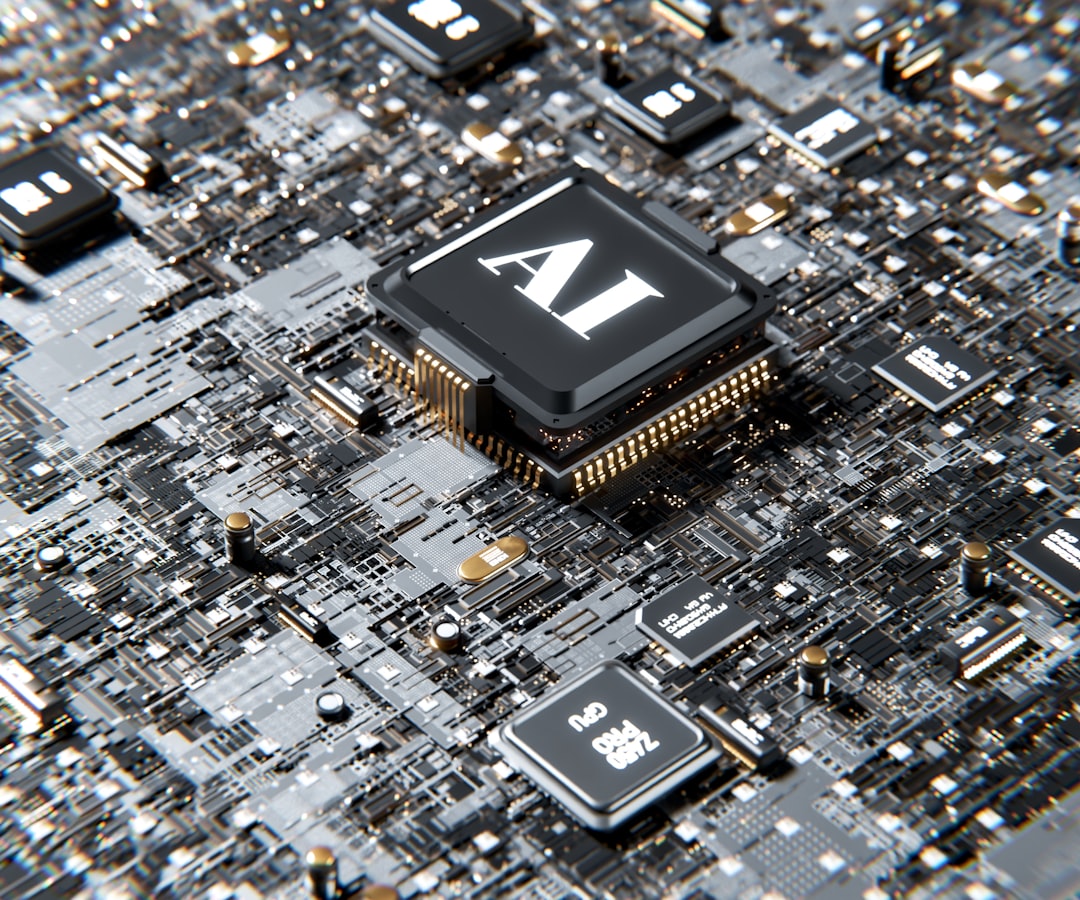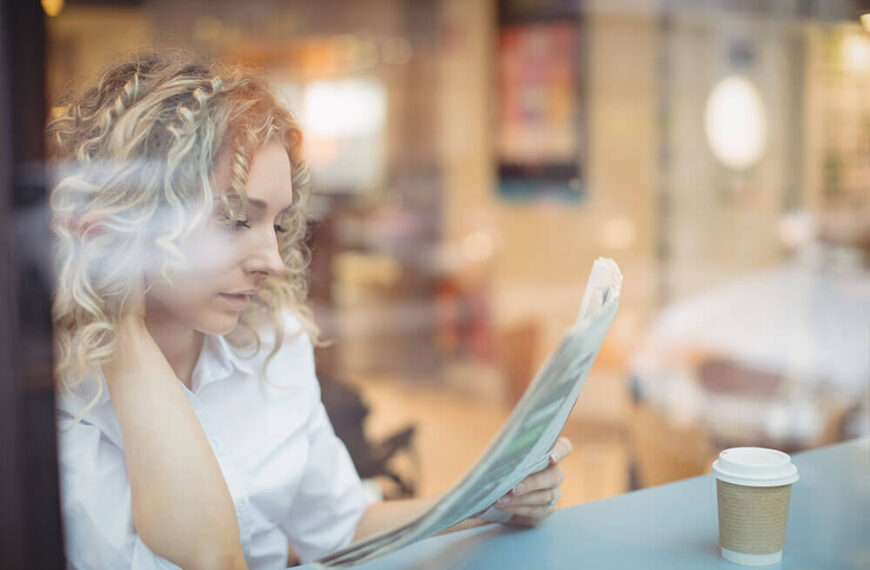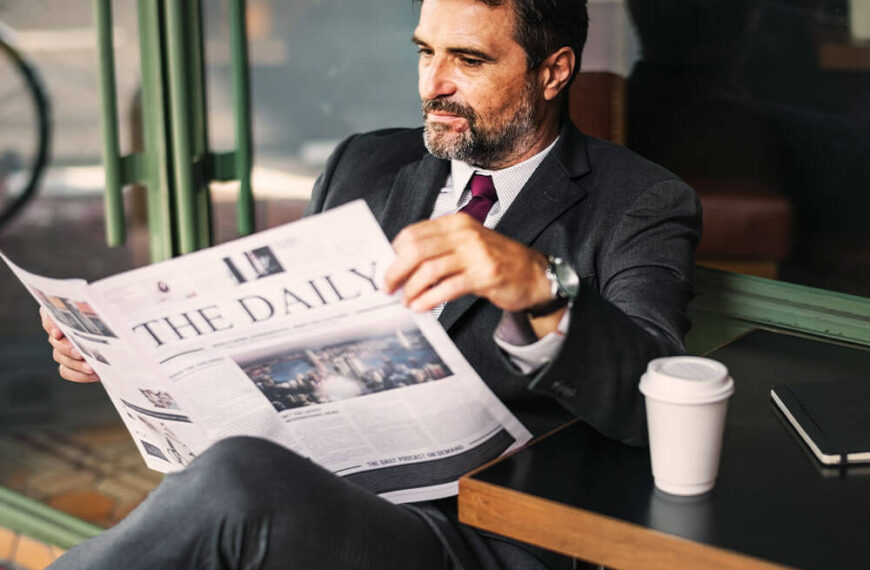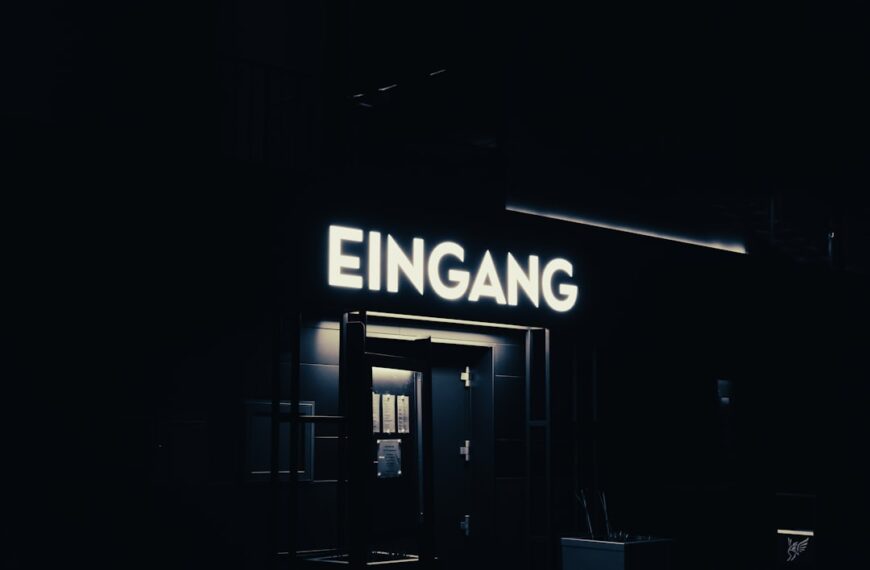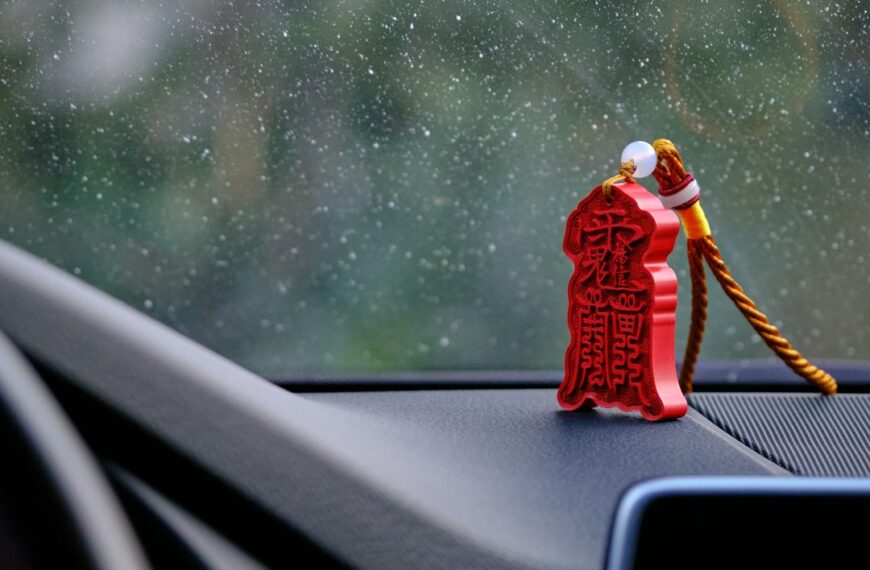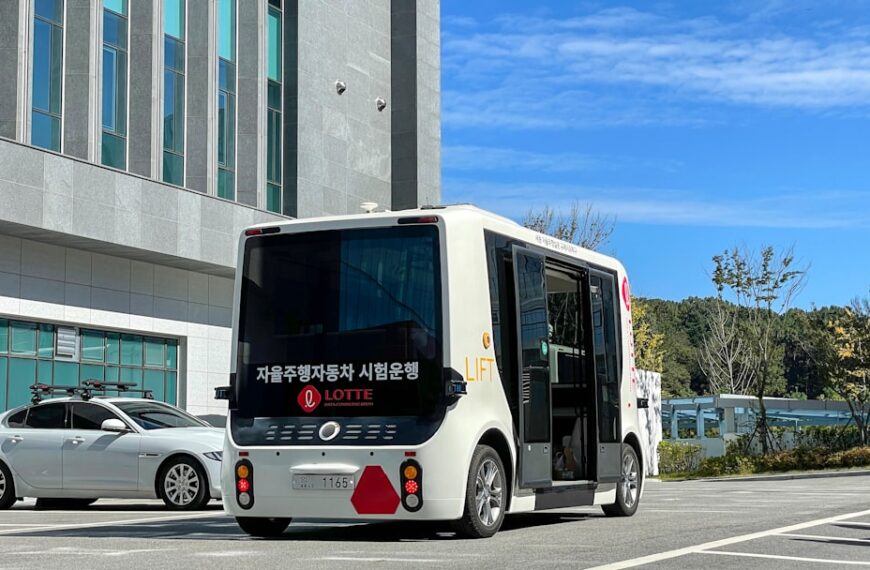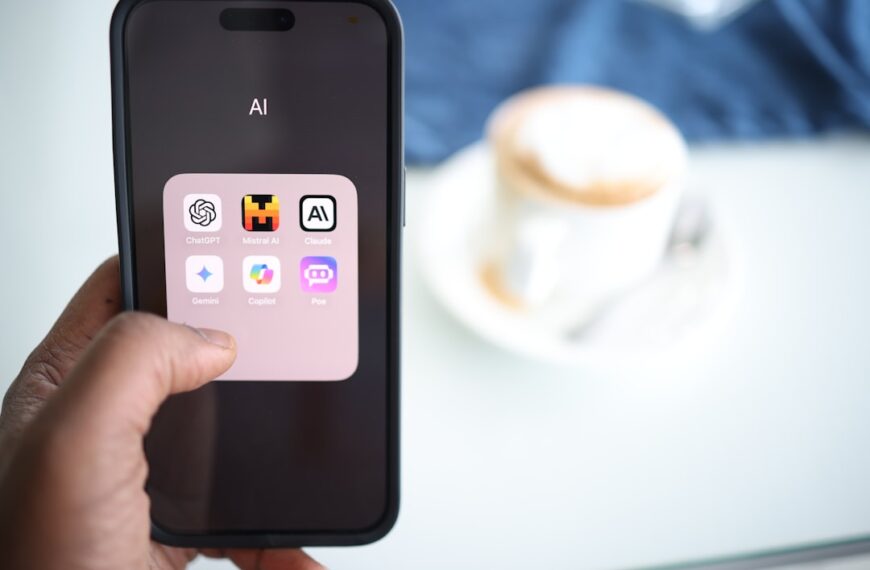The rise of artificial intelligence is rapidly reshaping creative industries, and music is no exception. AI-powered tools can now generate musical compositions, lyrics, and even entire albums, raising complex questions about copyright and intellectual property. This burgeoning field demands a careful examination of existing legal frameworks and a potential re-evaluation of how we protect creative works in the digital age.
One of the central challenges lies in determining authorship. Traditional copyright law hinges on the concept of human creativity and originality. When an AI generates a song, who holds the copyright? Is it the programmer who developed the AI, the user who inputted the parameters, or the AI itself (a notion legally impossible at present)? Current legal systems are ill-equipped to answer these questions definitively, leading to a grey area ripe for litigation and uncertainty.
Several countries are grappling with this issue. Some propose extending copyright protection to the developers of the AI algorithms, recognizing their role in creating the underlying technology that enables music generation. Others suggest a system of “sui generis” protection, creating a new type of intellectual property right specifically for AI-generated works. This approach acknowledges the unique nature of AI-generated content while avoiding the complexities of applying existing copyright laws designed for human creators.
However, a blanket extension of copyright to AI developers raises concerns about monopolies and stifling innovation. If the creators of AI music tools hold exclusive rights, it could limit access to these technologies and hinder the development of new musical styles and artistic expressions. Balancing the need to protect the interests of developers with the need to foster a vibrant and accessible creative landscape is crucial.
Another important aspect is the question of originality. AI-generated music often draws inspiration from existing works, raising concerns about copyright infringement. Determining the extent to which AI algorithms “copy” or merely “transform” existing musical material is a complex task, requiring careful analysis of the algorithms and the resulting output. This necessitates the development of robust methods for detecting and assessing potential copyright violations in AI-generated music.
The future of copyright in the age of AI-generated music will likely involve a combination of legislative changes, technological solutions, and evolving judicial interpretations. Clearer guidelines are needed to define authorship, establish ownership, and address issues of originality and infringement. This requires a collaborative effort between lawmakers, legal experts, AI developers, and musicians to navigate this rapidly evolving landscape and ensure that the law appropriately protects both human and artificial creativity. The development of effective legal frameworks is not simply about resolving current disputes, but also about shaping a future where AI and human creativity can coexist and flourish.
